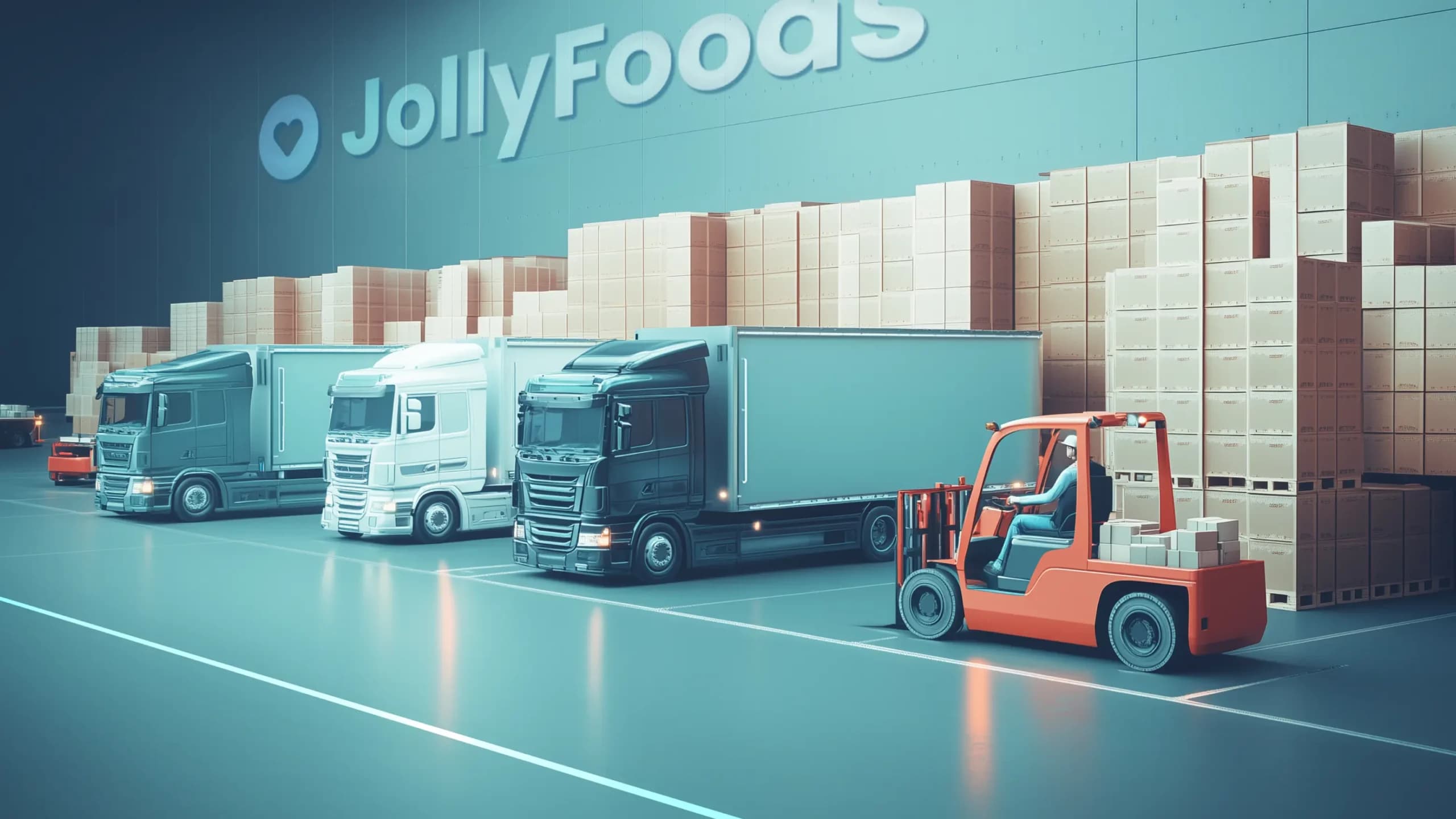Why Partnering with a 3PL is Essential for B2B Success

Summary
Table of Contents
In business disruption, the presence of an efficient 3PL (Third Party Logistics) provider will significantly improve your business effectiveness in addressing customer needs at a lower expense. Outsourcing further benefits you because you get to concentrate on other aspects of your company instead of dealing with logistics.
In the next part of this article, we shall explain why you should contract a 3PL and how to identify one that should grow with your business.
Signs You Need a 3PL Partner
While partnering with a 3PL may not seem like an immediate solution during crises, it’s a critical step if your business begins facing the following challenges:
Is Your Team Overwhelmed?
If your employees are stuck on logistics rather than productivity, you need a 3PL. With the help of outsourcing the logistics procedures, your managerial staff can centre on developing your company.
This leads to the following question: Are transportation costs rising?
If transportation’s value has increased, then you know that your logistics costs have increased. A 3PL can find the best places to transport goods from one place to another, thus minimising the expenses.
Is Customer Complaint Related to Shipping Increasing?
Customer complaints, frequent customer’ returns, and poor order visibility could be signs of the inefficiency of your logistics flow. A 3PL can take up the responsibility of shipping and dealing with returning products and has a better way of tracking that enhances customer satisfaction.
Is your company planning on moving to another district, branch or a new building?
A 3PL may assist in site selection and management and transfer and transportation of inventory if the company is expanding to new markets or offices.
Should You Be Concerned With Accurate And Current Stock Data?
Lack of inventory accuracy and overall operations put pressure on required finances and extreme congestion of warehousing facilities. A 3PL can help process inventory, improve space utilisation, and channel products to new customers.
Types of 3PL Partners
Understanding the different types of 3PL services will help you choose one that suits your business needs:
Transport-Based 3PLs
These providers deal with activities that involve the movement of products from one point to another, from your depot to customers or between depots. Some shipping platforms are FedEx, USPS, DHL and UPS for international or/and Airborne for local deliveries or Uber rush.
Warehouse/Distribution-Based 3PLs
Logistics service providers are usually integrated into three overall forms, which can be divided into the following traditional 3PLs. They keep inventory, manage delivery, process returns and reduce the risk of supply chain interruptions.
Shipper/Management-Based 3PLs
Most of these 3PLs focus on handling freight shipping, payments, accounting, and data provision. They employ complicated systems like integrated freight management systems to ease shipping.
Financial/Information-Based 3PLs
These providers provide expense and revenue management solutions, freight verification, cost and expense analysis and inventory tracking. They help you manage your logistics and financial prospects as efficiently as possible.
Full-Service 3PLs
3PL involves end-to-end management solutions that involve warehousing, transportation and inventory tracking services. They entail the packing and shipping products within the same day the order is placed and are most appropriate for companies that require all-around supply chain management.
Factors to Consider When Choosing a B2B 3PL Partner
Selecting the right 3PL partner requires careful evaluation of their capabilities and alignment with your business needs:
Staffing
Choose a capable 3PL provider with human resources to handle your products effectively. You should look into the hiring practices of the 3PL to gauge their reliability; your business will be held to damage caused by the 3PL.
Storage and Warehousing
Find out about the 3PL’s warehousing regulations, whether the firm owns or sublets the warehouse, and how the stock is managed. Cheque their warehouse security and ensure their conditions meet your product’s required storage environment.
Shipping Capabilities
Review the 3PL’s freight forwarding services, the carrier choices, and its capability to meet customers’ timed delivery expectations. Also, learn about return policies and if they will absorb any cost of return by the consumer.
Pricing
Do not search for the lowest-priced service without considering the possibility of having odd prices. Eliminate additional charges for storage or labelling, and ensure you’re getting your money’s worth.
How to Choose the Right 3PL Partner
Before searching for a 3PL provider, evaluate your company’s logistics needs:
Product Requirements
Again, if your products have any special requirements in handling or storage, consider a 3PL provider With a speciality in handling similar products.
Brand Reputation
Select a 3PL that shares a similar image as your brand. Cheque the reputation of the 3PL and their current clientele as a way of conducting the 3PL background analysis.
Growth Potential
Select a 3PL provider who can grow with the company. Besides, it is imperative to outline a growth plan within the next two years and prove that the 3PL provider can handle your growth.
Conclusion
What could signal to your business that you need a 3PL partner? If so, a 3PL vendor self-evaluation should be conducted to identify whether you need a simple or complex 3PL provider.
The current global disruption in the supply chain has shown the need for clients to engage the services of a reliable 3PL provider. The ideal 3PL provider can simplify your logistics and help you improve and scale up your business.
Related Articles
Industry news straight to your inbox
Get the latest commerce news, trends, and strategies to grow your business
Subscribe to newsletter
By submitting this form, you agree to receive promotional messages from Simplisales


